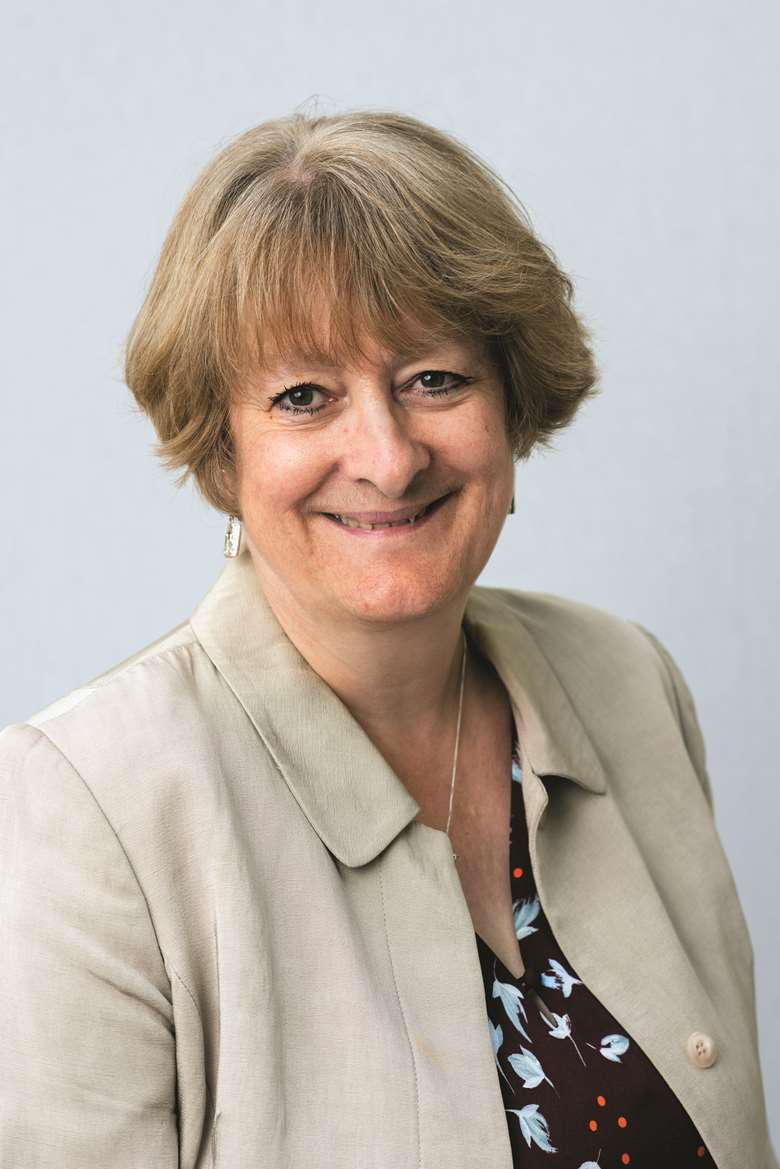Equality, diversity, and inclusion – equity for all
Jane McSherry
Tuesday, March 5, 2024
I was asked recently, as a senior leader, to contribute to our International Women’s Day event in Merton and to answer some questions on the pressing issues for women in 2024.

I highlighted the need for girls and women across the world to have access to quality education, training and equal opportunities, and that health inequalities and women’s safety at home and in public places must be addressed. It then got me thinking that March is a month where we have many opportunities to reflect on the importance of equality, diversity, and inclusion.
Women’s History Month, celebrated in March, raises awareness of the contributions women have made to events throughout history and society.
During this month, on 8th March, we honour International Women’s Day when we acknowledge the achievements of women whilst raising awareness about discrimination and gender inequality.
The United Nations has sponsored International Women’s Day since 1975: “To recognize the fact that securing peace and social progress and the full enjoyment of human rights and fundamental freedoms require the active participation, equality and development of women; and to acknowledge the contribution of women to the strengthening of international peace and security.” The theme this year for Women’s History Month is “Women Who Advocate for Equity, Diversity and Inclusion” – an opportunity to recognise women who understand the need to eliminate bias and discrimination from individuals’ lives and institutions.
Today, 1st March, is also Zero Discrimination Day, when we celebrate the right of everyone to live a full and productive life and live it with dignity. ‘’Zero Discrimination Day highlights how people can become informed about and promote inclusion, compassion, peace and, above all, a movement for change. Zero Discrimination Day is helping to create a global movement of solidarity to end all forms of discrimination.’’ This year’s theme is “To protect everyone’s health, protect everyone’s rights” with a particular focus on how we could end AIDS if everyone’s rights were protected.
Later on in the month, 21st March, marks International Day for the Elimination of Racial Discrimination which is a reminder of our collective responsibility to combat racism and strive for a more equitable world. It was established in 1966 by the United Nations in response to the tragic massacre of 21st March 1960 in Sharpeville, South Africa, and the brutality of apartheid, highlighting the urgent need for global action against racial discrimination.
21st March is also World Down Syndrome Day (WDSD), a global awareness day which has been officially observed by the United Nations since 2012. The date for WDSD being the 21st day of the third month is no coincidence; it was selected to signify the uniqueness of the triplication (trisomy) of the 21st chromosome which causes Down syndrome. This year’s theme is ‘End The Stereotypes’ recognising that stereotypes hinder people living the lives they want to lead and the impact on the treatment and care they receive from others. During Covid, it is worth noting that people with learning disabilities in England were eight times more likely to die from Covid than the general population, and for people with Down Syndrome the risk was 36 times higher. As the mother of a daughter with Down Syndrome this fact still shocks and upsets me and raises lots of questions about how this could have happened.
Within the London region, we have a focus on equality, diversity, and inclusion, as I know ADCS also has at both a national level and regional level.
Many of our LIIA priorities reflect this with a strong focus on our workforce, our care experienced young people of all ages, our children with SEND, and our adolescents at risk of contextual harm. The focus of this work is about creating the right opportunities and support for everyone to thrive.
I will end with a quote from one of my favourite authors from whom we all can take some inspiration for ourselves, our workforce, and the children and families we work with. “My mission in life is not merely to survive but to thrive and to do so with some passion, some compassion, some humor, and some style.” – Maya Angelou (1928-2014), memoirist, poet, civil rights activist.
-
Jane McSherry is executive director of children, lifelong learning and families at Merton Council and Greater London regional chair for the Association of Directors of Children’s Services (ADCS). This blog was first published on the ADCS website.




